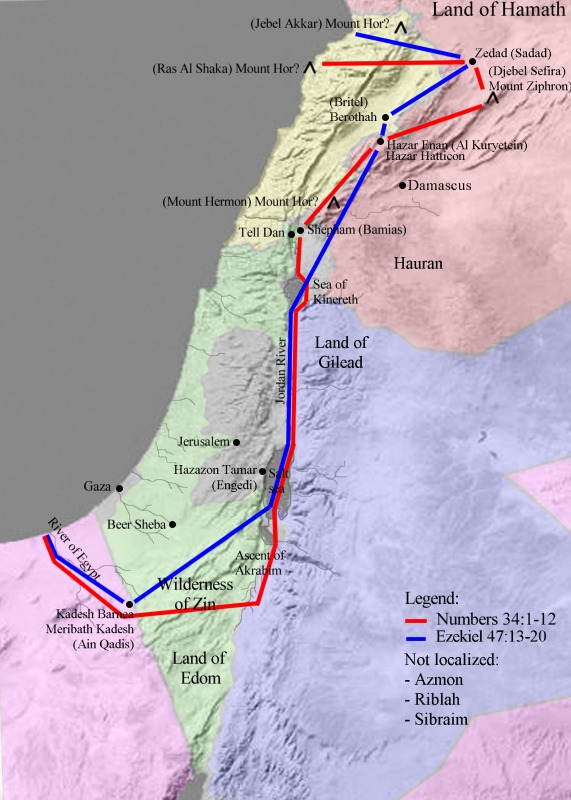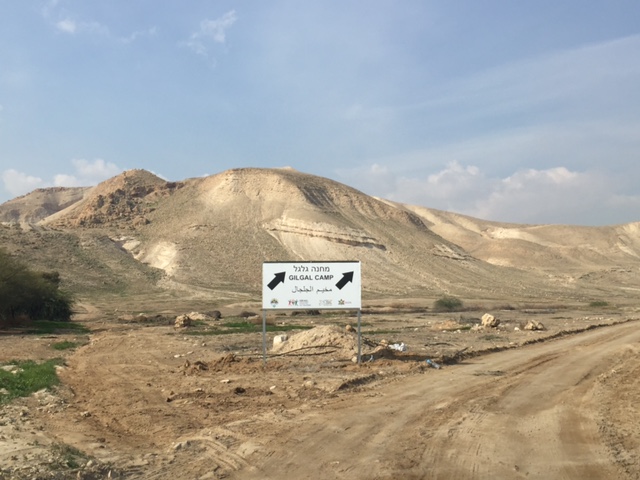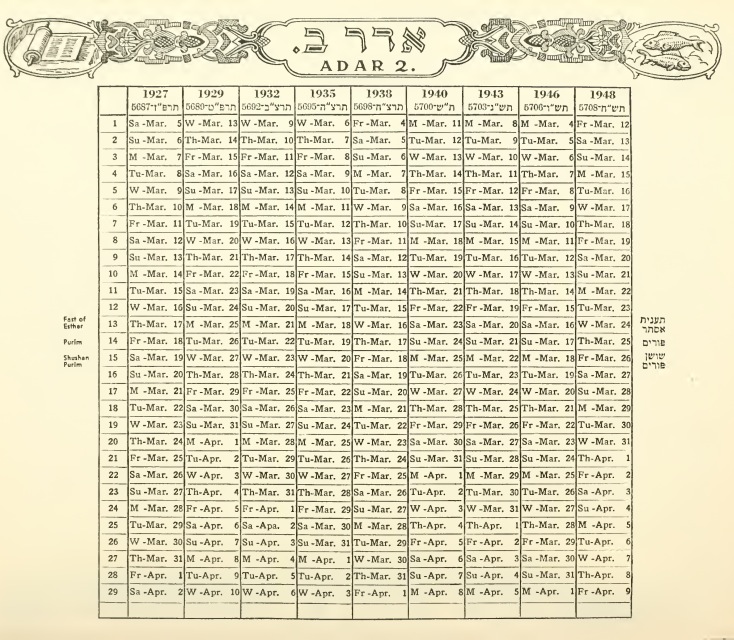|
Miki Zohar
Makhlouf "Miki" Zohar (, born 28 March 1980) is an Israeli politician. He currently serves as the Minister of Culture and Sports in the thirty-seventh government. Zohar previously served as a member of the Knesset for Likud and chairman of Global Likud. Biography Makhlouf Zohar was born in Beersheba, and raised in Kiryat Gat. His father Eli was an immigrant from Morocco and his mother Dina was from Tunisia. Zohar served in the Israel Defense Forces and reached the rank of Sergeant. He then studied law, gaining an LLB from the College of Law and Business and an MA from Bar-Ilan University, and worked in real estate. Zohar is married to Yamit and has four children. Political career In 2005 Zohar was elected to Kiryat Gat City Council. In 2013, he was elected head of Kiryat Gat's Likud list in 2013, and became Deputy Mayor. Prior to the 2015 Knesset elections he was placed twenty-second on the Likud list, a slot reserved for a candidate from the Negev area. He was elected to ... [...More Info...] [...Related Items...] OR: [Wikipedia] [Google] [Baidu] |
Beersheba
Beersheba or Beer Sheva, officially Be'er-Sheva ( he, בְּאֵר שֶׁבַע, ''Bəʾēr Ševaʿ'', ; ar, بئر السبع, Biʾr as-Sabʿ, Well of the Oath or Well of the Seven), is the largest city in the Negev desert of southern Israel. Often referred to as the "Capital of the Negev", it is the centre of the fourth-most populous metropolitan area in Israel, the eighth-most populous Israeli city with a population of , and the second-largest city in area (after Jerusalem), with a total area of 117,500 dunams. The Biblical site of Beersheba is Tel Be'er Sheva, lying some 4 km distant from the modern city, which was established at the start of the 20th century by the Ottoman Turks. The city was captured by the British-led Australian Light Horse in the Battle of Beersheba during World War I. The population of the town was completely changed in 1948–49. ''Bir Seb'a'' ( ar, بئر السبع), as it was then known, had been almost entirely Muslim and Christian, an ... [...More Info...] [...Related Items...] OR: [Wikipedia] [Google] [Baidu] |
September 2019 Israeli Legislative Election
Snap legislative elections were held in Israel on 17 September 2019 to elect the 120 members of the 22nd Knesset. Following the previous elections in April, incumbent Prime Minister Benjamin Netanyahu failed to form a governing coalition for a second consecutive time. On 30 May, the Knesset voted to dissolve itself and trigger new elections, in order to prevent Blue and White party leader Benny Gantz from being appointed Prime Minister-designate. This election marked the first time the Knesset voted to dissolve itself before a government had been formed. Background Following the April 2019 elections, Likud leader and incumbent Prime Minister Benjamin Netanyahu had until the end of 29 May to form a governing coalition, including a two-week extension granted by President Reuven Rivlin. Though the deadline passed without a coalition being formed and Rivlin would have been tasked with appointing a new Prime Minister-designate, presumed to be Blue and White party head Benny ... [...More Info...] [...Related Items...] OR: [Wikipedia] [Google] [Baidu] |
Israel Katz
Israel Katz ( ''Yisrael Katz'', born 21 September 1955) is an Israeli politician who currently serves as a member of the Knesset for Likud. He was a member of the Security Cabinet of Israel. He has previously held the posts of Minister of Agriculture, Minister of Transportation, Minister of Intelligence, Minister of Foreign Affairs and Minister of Finance. Early life Israel Katz was born in Ashkelon to Meir and Malka Katz. His parents Meir Katz and his mother Malka (Nira), born Deutsch were Holocaust survivors from the region of Maramureș, Romania. He was raised on moshav Kfar Ahim. He drafted into the IDF in 1973. He volunteered as a paratrooper in the Paratroopers Brigade. He served as a soldier and a squad leader. In 1976 he became an infantry officer after completing Officer Candidate School and returned to the Paratroopers Brigade as a platoon leader. After his discharge in 1977, he studied at the Hebrew University of Jerusalem, and graduated with a BA and an MA from ... [...More Info...] [...Related Items...] OR: [Wikipedia] [Google] [Baidu] |
The Times Of Israel
''The Times of Israel'' is an Israeli multi-language online newspaper that was launched in 2012. It was co-founded by Israeli journalist David Horovitz, who is also the founding editor, and American billionaire investor Seth Klarman.Forbes: The World's Billionaires: Seth Klarman April 2014 Based in , it "documents developments in Israel, the Middle East and around the Jewish world." Along with its original English site, ''The Times of Israel'' publishes in |
Promised Land
The Promised Land ( he, הארץ המובטחת, translit.: ''ha'aretz hamuvtakhat''; ar, أرض الميعاد, translit.: ''ard al-mi'ad; also known as "The Land of Milk and Honey"'') is the land which, according to the Tanakh (the Hebrew Bible or the Old Testament), God promised and subsequently gave to Abraham and several more times to his descendants. In modern contexts, the phrase "Promised Land" expresses an image and an idea which is related to the restored homeland for the Jewish people and the concepts of salvation and liberation. Divine promise The concept of the Promised Land is based on verses in the Tanakh (the Hebrew Bible or the Old Testament), in which God speaks to Abraham. The promises given to Abraham happened prior to the birth of Isaac and were given to all his offspring signified through the rite of circumcision. Johann Friedrich Karl Keil is less clear, as he states that the covenant is through Isaac, but notes that Ishmael's descendants have h ... [...More Info...] [...Related Items...] OR: [Wikipedia] [Google] [Baidu] |
Gilgal
Gilgal ( he, גִּלְגָּל ''Gilgāl''), also known as Galgala or Galgalatokai of the 12 Stones ( grc-gre, Γαλαγα or , ''Dōdekalithōn''), is the name of one or more places in the Hebrew Bible. Gilgal is mentioned 39 times, in particular in the Book of Joshua, as the place where the Israelites camped after crossing the Jordan River (Joshua 4:19 – 5:12). The Hebrew term ''Gilgal'' most likely means "circle of stones". Its name appears in Koine Greek on the Madaba Map. Places named Gilgal in the Bible In Joshua 4–5 According to Joshua 4:19, Gilgal is a location "on the eastern border of Jericho" where the Israelites encamped immediately after crossing the Jordan River. There, they erected 12 stones as a memorial to the miraculous stopping of the river when they crossed. Joshua then ordered the Israelites who had been born during the Exodus to be circumcised at this spot. The Bible refers to this place as ''Givat Ha'aralot'', then says that Joshua called the place Gi ... [...More Info...] [...Related Items...] OR: [Wikipedia] [Google] [Baidu] |
Joshua
Joshua () or Yehoshua ( ''Yəhōšuaʿ'', Tiberian: ''Yŏhōšuaʿ,'' lit. 'Yahweh is salvation') ''Yēšūaʿ''; syr, ܝܫܘܥ ܒܪ ܢܘܢ ''Yəšūʿ bar Nōn''; el, Ἰησοῦς, ar , يُوشَعُ ٱبْنُ نُونٍ '' Yūšaʿ ibn Nūn''; la, Iosue functioned as Moses' assistant in the books of Exodus and Numbers, and later succeeded Moses as leader of the Israelite tribes in the Hebrew Bible's Book of Joshua. His name was Hoshea ( ''Hōšēaʿ'', lit. 'Save') the son of Nun, of the tribe of Ephraim, but Moses called him "Yehoshua" (translated as "Joshua" in English),''Bible'' the name by which he is commonly known in English. According to the Bible, he was born in Egypt prior to the Exodus. The Hebrew Bible identifies Joshua as one of the twelve spies of Israel sent by Moses to explore the land of Canaan. In Numbers 13:1, and after the death of Moses, he led the Israelite tribes in the conquest of Canaan, and allocated lands to the tribes. According t ... [...More Info...] [...Related Items...] OR: [Wikipedia] [Google] [Baidu] |
Nisan
Nisan (or Nissan; he, נִיסָן, Standard ''Nīsan'', Tiberian ''Nīsān''; from akk, 𒊬𒊒𒄀 ''Nisanu'') in the Babylonian and Hebrew calendars is the month of the barley ripening and first month of spring. The name of the month is an Akkadian language borrowing, although ultimately originates in Sumerian ''nisag'' "first fruits". In the Hebrew calendar it is the first month of the ecclesiastical year, called the "first of the months of the year" (Book of Exodus 12:1-2), "first month" (Ex 12:14), and the month of '' Aviv'' (Ex 13:4) ''ḥōḏeš hā-’āḇîḇ''). It is called Nisan in the Book of Esther in the Tanakh and later in the Talmud, which calls it the "New Year", Rosh HaShana, for kings and pilgrimages. It is a month of 30 days. Nisan usually falls in March–April on the Gregorian calendar. Counting from 1 Tishrei, the civil new year, it would be the seventh month (eighth, in leap year), but in contemporary Jewish culture, both months are viewed ... [...More Info...] [...Related Items...] OR: [Wikipedia] [Google] [Baidu] |
Hebrew Calendar
The Hebrew calendar ( he, הַלּוּחַ הָעִבְרִי, translit=HaLuah HaIvri), also called the Jewish calendar, is a lunisolar calendar used today for Jewish religious observance, and as an official calendar of the state of Israel. It determines the dates for Jewish holidays and the appropriate public reading of Torah portions, ''yahrzeits'' (dates to commemorate the death of a relative), and daily Psalm readings, among many ceremonial uses. In Israel, it is used for religious purposes, provides a time frame for agriculture, and is an official calendar for civil holidays, alongside the Gregorian calendar. The present Hebrew calendar is the result of a process of development, including a Babylonian influence. Until the Tannaitic period (approximately 10–220 CE), the calendar employed a new crescent moon, with an additional month normally added every two or three years to correct for the difference between the lunar year of twelve lunar months and the solar ... [...More Info...] [...Related Items...] OR: [Wikipedia] [Google] [Baidu] |
Aliyah
Aliyah (, ; he, עֲלִיָּה ''ʿălīyyā'', ) is the immigration of Jews from the diaspora to, historically, the geographical Land of Israel, which is in the modern era chiefly represented by the State of Israel. Traditionally described as "the act of going up" (towards the Jewish holy city of Jerusalem), moving to the Land of Israel or "making aliyah" is one of the most basic tenets of Zionism. The opposite action—emigration by Jews from the Land of Israel—is referred to in the Hebrew language as '' yerida'' (). The Law of Return that was passed by the Israeli parliament in 1950 gives all diaspora Jews, as well as their children and grandchildren, the right to relocate to Israel and acquire Israeli citizenship on the basis of connecting to their Jewish identity. For much of their history, most Jews have lived in the diaspora outside of the Land of Israel due to various historical conflicts that led to their persecution alongside multiple instances of exp ... [...More Info...] [...Related Items...] OR: [Wikipedia] [Google] [Baidu] |
Yom HaAliyah
Yom HaAliyah, or Aliyah Day ( he, יום העלייה), is an Israeli national holiday celebrated annually according to the Jewish calendar on the tenth of the Hebrew month of Nisan to commemorate the Jewish people entering the Land of Israel as written in the Hebrew Bible, which happened on the tenth of the Hebrew month of Nisan ( he, י' ניסן). The holiday was also established to acknowledge Aliyah, immigration of Jews to the Jewish state, as a core value of the State of Israel, and honor the ongoing contributions of Olim, Jewish immigrants, to Israeli society. Yom HaAliyah is also observed in Israeli schools on the seventh of the Hebrew month of Cheshvan. The opening clause of the Yom HaAliyah Law states in Hebrew: English translation: History Yom HaAliyah, as a modern holiday celebration, began in 2009 as a grassroots community initiative and young Olim self-initiated movement in Tel Aviv, spearheaded by the TLV Internationals organization of the Am Yisrael Founda ... [...More Info...] [...Related Items...] OR: [Wikipedia] [Google] [Baidu] |
Shabbat
Shabbat (, , or ; he, שַׁבָּת, Šabbāṯ, , ) or the Sabbath (), also called Shabbos (, ) by Ashkenazim, is Judaism's day of rest on the seventh day of the week—i.e., Saturday. On this day, religious Jews remember the biblical stories describing the creation of the heaven and earth in six days and the redemption from slavery and The Exodus from Egypt, and look forward to a future Messianic Age. Since the Jewish religious calendar counts days from sunset to sunset, Shabbat begins in the evening of what on the civil calendar is Friday. Shabbat observance entails refraining from work activities, often with great rigor, and engaging in restful activities to honour the day. Judaism's traditional position is that the unbroken seventh-day Shabbat originated among the Jewish people, as their first and most sacred institution. Variations upon Shabbat are widespread in Judaism and, with adaptations, throughout the Abrahamic and many other religions. According to ''halak ... [...More Info...] [...Related Items...] OR: [Wikipedia] [Google] [Baidu] |






